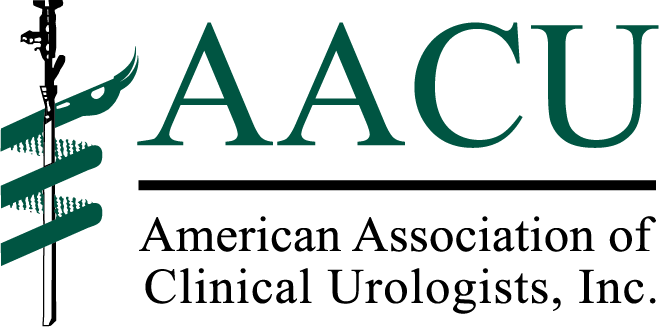|Articles|September 2, 2020
States strip away medical liability protections
Author(s)Ross E. Weber

"Policymakers must be thoughtful and act in the public interest. That includes weighing the benefit of continued liability safeguards," writes Ross E. Weber of the AACU.
Advertisement
